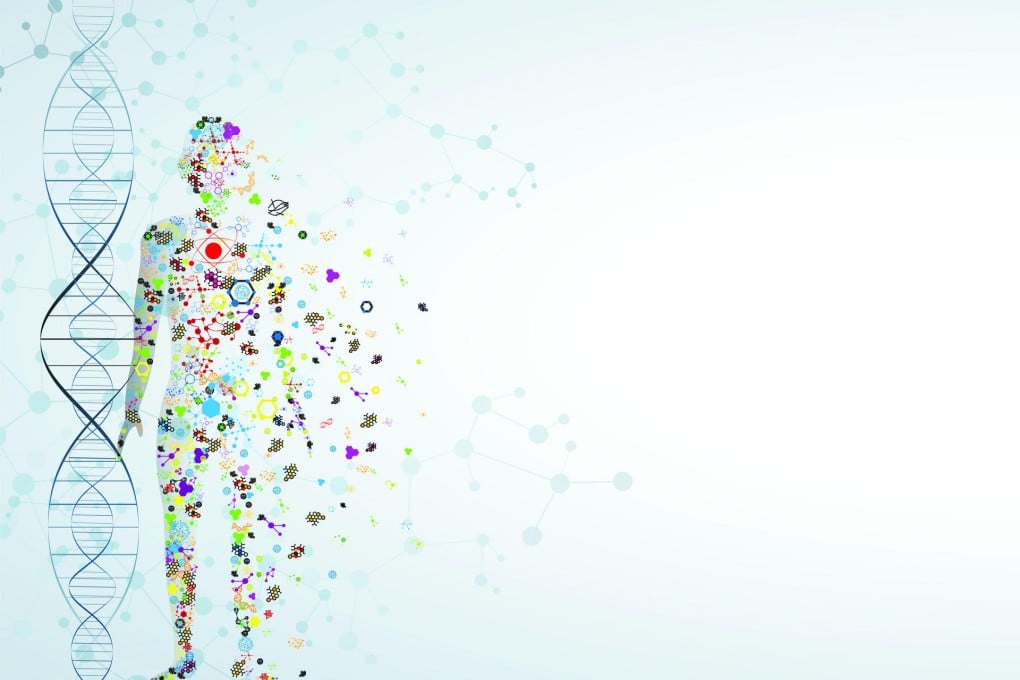The future of weight loss: understanding your body's biochemistry
A comprehensive analysis of a person's biochemistry - the way we use vitamins, minerals, fats and proteins to function - may prove the secret weapon in the battle of the bulge

Have you committed to a healthy diet and exercise, but the scales aren't budging? Maybe it's time to consider your body's biochemistry.
Unfortunately, there's no secret to weight loss. It's about making the right food choices and exercising regularly over time. But here is a secret worth knowing: while diet and exercise are essential, deficiencies and other imbalances in your body's biochemistry may be the reason you're gaining weight in the first place.
Increasingly, experts are relying on comprehensive testing to look at the reasons behind patients' ill health, manifested as weight gain.
Your body's biochemistry refers to the way it uses vitamins, minerals, fats and proteins to function. Eating your breakfast muffin and walking to work this morning caused a flurry of complex chemical interactions within your body, but if those systems and pathways function incorrectly it may be the reason you're not the size you ought (or want) to be.
"Your body's biochemistry affects many aspects: your energy levels, how nutrients are utilised, how toxins are excreted, how your immune system functions, how cells communicate with each other and how your genes interact with the environment. Basically, it affects everything and plays a key role in weight loss," says Dr Laurena Law, an aesthetics and anti-ageing physician at Dr Kenny TW Ng & Associates.
At one time, our bodies ticked along without any need for tweaking, but Law believes understanding your biochemistry has become increasingly important.
"We are exposed to so many pollutants and toxins our ancestors weren't exposed to, and we need proper nutrients to get rid of those toxins," she says. "But the problems with our food these days - pesticides, early harvesting, transport and storage - is that a lot of the nutrients are not there in the levels they once were."